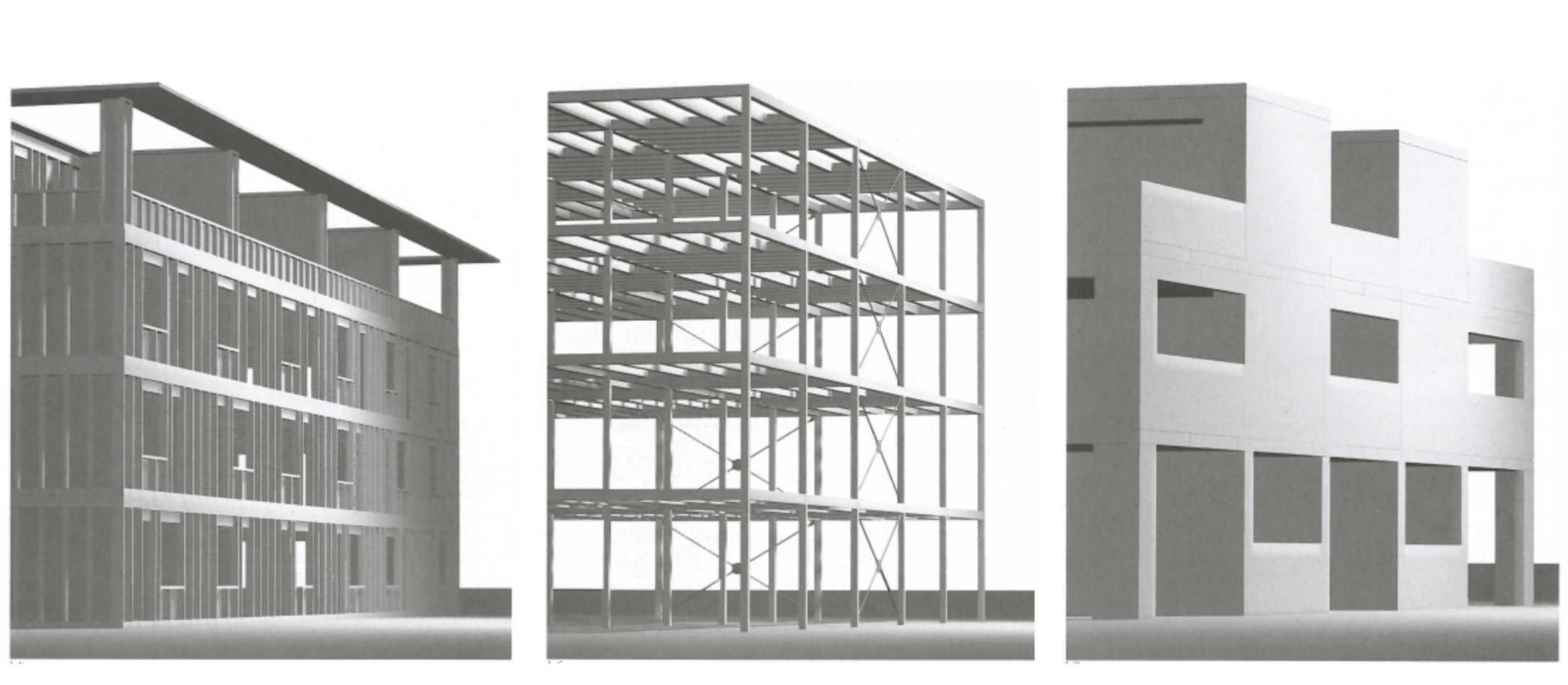Building processes and costs require a grand revision. In order to dodge the ramifications of surpassing a global temperature of 1.5 degrees Celsius, the building sector must enact sustainable and cost-effective codes. If not, the world is faced with irreversible challenging impacts on ecosystems, human health and well-being. Establish building codes directly play into occupant health, safety and comfort. Additionally, building codes improve the ability to adapt climate and resiliency solutions at a preferable price point. Fortunately, the ‘ethical-play’ is no longer the primary motive to adopt efficient building systems. For instance, reports point out the benefits of implementing all-electric buildings, including a reduction in infrastructure + operational costs and driving ROI. Simply, sustainable business is good business. On the other hand, the United States faces the hurdle of non-existent standardized building codes. Due to state and local government enforcement, a building’s overall efficiency tends to miss the mark. In turn, communities must take matters in their own hands. Notable approaches to activate change include: competitive introductory codes, greater investigative transparency, federal standardized support, electrification program incentivization + complementary resilience programs, and improvements in education and training. By standardizing building codes on a national scale, the built environment is closer to adopting a strategy critical to mitigating global warming and addressing inequities.
What strategies could communities advocate to accelerate federal building code implementation?
